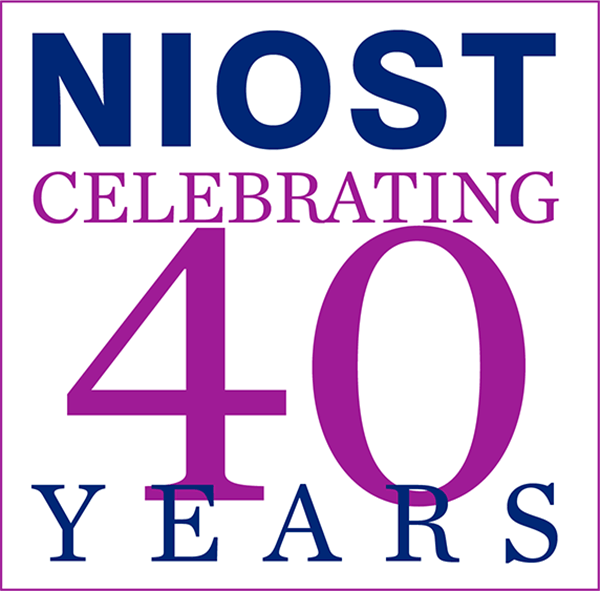Perceptions of Work Environments and Relationships (POWER)
Completed in 2006
Project Directors: Anne E. Noonan, Ph.D. , Georgia Hall, Ph.D.
This program examined the ways urban high school students benefit from and utilize school-to-work programs, with an exploration of class differences on work relationships and overall experience.
The POWER study (Perceptions of Work Environments and Relationships) was a qualitative study funded by the Grace W. and Robert S. Stone Primary Prevention Initiative: Empowering Children for Life. 30 urban high school students participating in school-to-work programs were interviewed. The study was done to explore how adolescents perceive, construe, and navigate social class, social class differences, and the impact of these factors on their work relationships and overall work experience. The study was inspired by findings from the ARROW study, a federally funded study of older adult workers, which indicated an association between social class and beliefs about relationships in the workplace. Our research questions included: How do urban adolescents participating in school-to-work programs voice their experiences with those programs? How do they experience, construe, and navigate the impact of social class differences on their relationships with mentors/supervisors, with others in the workplace, and with the workplace itself? Do they provide evidence that class-based differences interfere with the development of workplace relationships? Where such class-based “disconnection” exists, what strategies and resources are called up to remedy the disconnection? What are the characteristics of school-to-work mentoring relationships that overcome and do not overcome class-based differences?
Tags: Projects, Georgia Hall



